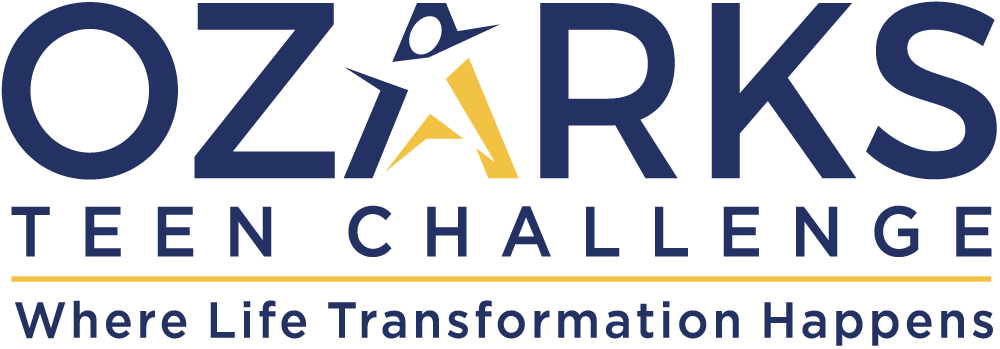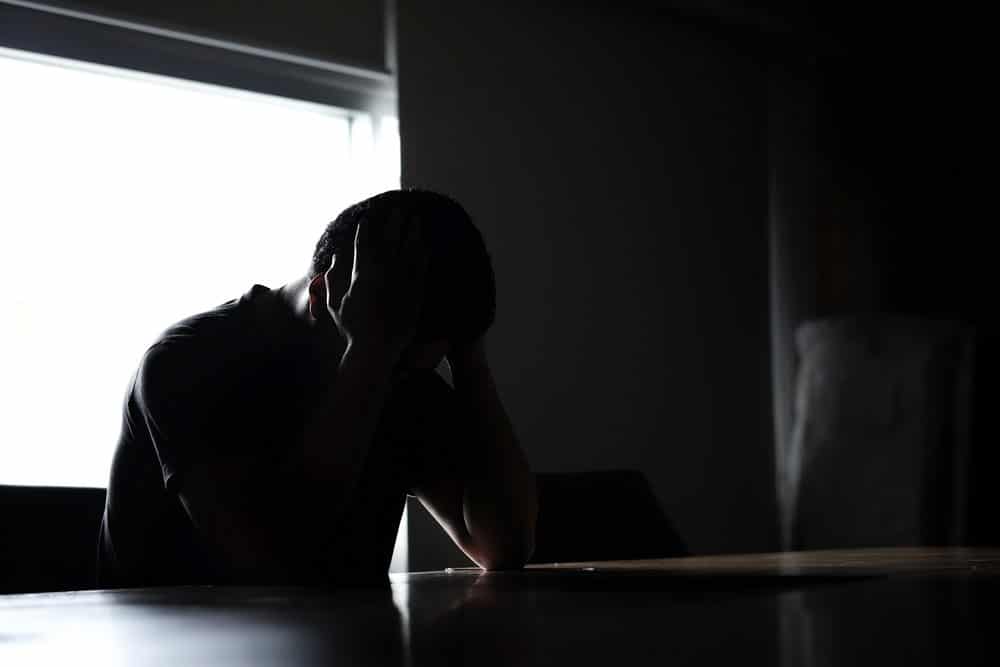To help get a better understanding of addiction, we first need to define exactly what is addiction. There are many definitions of addiction depending on who you ask. It can be anything from a moral failing, to a spiritual failing, or to an actual disease. If something is controlling your life to the point where you have lost control over either what you’re doing or how it’s going to play out – that is a characteristic of addiction. Addiction can come from a deep desire to escape. Many times when drug addiction, gaming addiction, or other addictions occur, you will notice the addict is escaping from something. Another characteristic is if you feel you need to do more of that one thing in order to get that same buzz or the same kind of high from it. As human beings, you develop a tolerance to things and addicts have an increased tolerance to that one thing.
Is the risk of your behavior worth the risk of catastrophic consequences in your life you could be facing? For example, if doing this certain behavior could cost you your marriage, that’s a catastrophic consequence that would tell you that you have a life controlling problem.
Anytime you have obsessive thoughts over it and compulsive behaviors and a compulsive behavior is that voice that says “Okay, well, we’re only going to do this much,” and then it goes beyond what you can control.
It’s also that behavior that you use to find relief; you’re stressed out and this is the only thing that helps you get through it. It could be something as simple as smoking, drinking or even spending money.
What Are Some Assumptions or Misunderstandings That People Have About Addiction or About Those Who Are Addicted?
Assumption is based on two things: what our experience has been and what we think we know.
People often assume that you should just be able to quit. But you can’t just quit a life controlling problem. You need someone to help you quit.
Morally, you feel like a bad person, so people think you just need more God in your life and things will just work out on their own. For some people that works for them, but for others they need support from people who understand how this life controlling problem is affecting them.
Another assumption is that addiction is an illness or a disease. Reality is that any life controlling problem changes the neural pathways in the brain. Some of the chemicals produced also change the structure of the brain. Addiction may not start out as a disease, but can graduate into one.
People will get frustrated and say, “Why can’t they just snap out of it?” or, “Why can’t they just decide to stop?” So, why can’t they just stop? Well, part of the challenge here is that people use examples where they hit a certain place in their life and they were ready to quit and so they did. They just stopped. If they can do it, why can’t an addict just stop?
Well, not everyone is the same. Some people have amazing spiritual experiences and that epiphany changes them entirely – they find true deliverance at that moment. But others are slow learners. We are all individuals and God has to deal with us individually. And it might take a while. And we’re going to need support from other humans.
How Long Does Recovery Take?
For those who are trying to support, lovingly support, people in their lives who may be going through a life controlling issue without enabling them, the question inevitably pops up: How long is this going to take? How long until they finally kick this habit?
It’s going to be different for everybody for a lot of different reasons. People grow at different rates. People learn at different rates and people have different things to learn. Some people have a hard time letting go of things while others can just chuck it easily. So you have to look at the individual.
What we do know is that the longer a person is engaged in the recovery process, the better their chances for recovery. Optimal length is 15 to 18 months. However, 15 months might just be the beginning. They might be sent home after 15 months and realize that they can’t do this on their own yet – that they still need that support network they’ve had for the past 15 months and aren’t ready to be on their own. You now have to deal with a whole new set of emotions that have been so ravaged by a life controlling problem. Plus, self efficacy is huge. That belief that “I can do it” really helps. For others, they feel ashamed and never really get other that feeling.
What people need to understand is that this is not something that can be “cured.” There isn’t a magic pill that you can take that will ensure this will never happen again, and there’s no vaccine that will make sure you never “catch it” again. This is a life controlling problem, which means that path is always in your brain, and if you don’t take precautions to stay away from that path and to fill that void with positive things, chances are you’re going to drift right back into it.
A new common phrase is that the opposite of addiction is not sobriety, but a connection. Addiction is a complex issue that people want to oversimplify. People think it’s as easy as OK, here’s the five steps to stop, to them, get them over with and your done. That’s not how it works. There’s not a specific path that works for everyone
What Inspires Change For The Addict?
As human beings there are basically two things that create motivation for change: 1) the need to reduce pain, and 2) to increase pleasure. So an addict needs to replace the negative pleasure they were receiving with something positive. If the positive makes them feel better than the negative action did, then there’s no reason to go back down that negative path. But some people get a huge payoff from the negative consequences of a behavior. They may not necessarily like it, but it feels good enough to keep doing it.
How does a particular addiction play a role in the life of the addict? Depends on why that person started on that path the first time. For instance, your girlfriend breaks up with you and to deal with that pain you turn to alcohol. So anytime you feel that level of discomfort, you’re going to turn to alcohol for relief over and over again. Then you try to socially connect to a group of friends and the more you use alcohol to connect, the more disconnected you actually become. So you try even harder to connect, which actually has the opposite effect. It’s a vicious cycle. So for you, it’s working – it’s doing exactly what you needed it to do, so why would I give it up. And even if I look like I’m giving it up, I’m going to hold onto it just in case something really big happens and I need it.
So How Can You Help?
First off, support the individual – not the illness or the life controlling problem. Help them get into treatment. Whenever we help someone, we help out of fear; we call it love but in reality it is because we’re scared to death that we are going to lose that person. We don’t want them to experience something that might make things worse, so out of fear, we end up fueling the illness or life controlling problem. If something happens to you I will bail you out. So why would that person change? They have you basically telling them what they’re doing is OK.
But by supporting the individual, you’re helping them get the help they need. You’re referring them to the right kind of people who know how to help. You’re setting boundaries that say, OK, you’ve got to do this and if you don’t then there will be consequences. And you have to be willing to follow through on your boundaries, because if you don’t then you’re enabling them. Pray for them. Provide emotional support but don’t become emotional over them. If you become emotional, then you might let fear creep back in and become enabling.
The biggest support for the individual is transparency. Transparency helps with accountability. You want to keep the addict and the addiction a secret because you’re afraid of what others might think of you or them. But if you are open and honest about what is happening and provide a safe space, then there is no reason to keep doing things in secret. The transparency provides a great level of protection.
What tools and resources are necessary for someone to recover from addiction? Again, it’s going to depend on the person and which path they choose. There are multiple paths to recover. If your path is spiritual, then you are going to need a pastor: a support group that supports the level of spirituality you want; you need to re-establish a relationship with God on your end, even though on His end, it was never severed; you need a mentor who you can be open and honest with, which is true with any path. If you don’t have someone you can talk to then you might start to bury your feelings deep inside you. That shame and guilt you feel will start to eat at you and you might start to think you may want to use again. But if you have a mentor to talk to, then it’s not all on you anymore. They can pray for you; they can help you come up with solutions. If you don’t know then you can’t help. So you need to be with people who have been there and done that. You need to get away from people who continue to drag you down.
You need to treat the addiction like a long term disease and you need to learn recovery management skills to keep the disease at bay. You have to learn to cope with what you’re dealing with, as well as learn certain life skills to move on. Bottom line is recovery looks different to everyone. You just need to be open and honest with yourself.
What Would Be The First Step For Someone Who is Coming to Terms With The Fact That Their Loved One is an Addict?
First you have to realize that this is not your fault – you did not cause this to happen, so there is no reason to carry shame and guilt. You did not force them to make the choice they made; they did.
Second you need to realize you can cure the addiction. If you think you can cure them and start telling them what to do, then they are going to turn around and run the other way. No one likes to be controlled.
So you didn’t cause it, you can’t cure it, and lastly, you can’t control it. You can’t control the person or the behavior. The only thing you can do is be transparent. Support them in their efforts to get help. Find a group that will support you and what you are going through so you can stay strong and not let fear take over.
And lastly, learn as much as you can about all the different pathways to recovery so you can support whichever path your loved one has chosen. Knowledge is not the enemy of faith; knowledge enhances faith, especially when you realize that God is omniscient. The more we know, the better equipped we are to help people deal with what they are struggling with to overcome.




